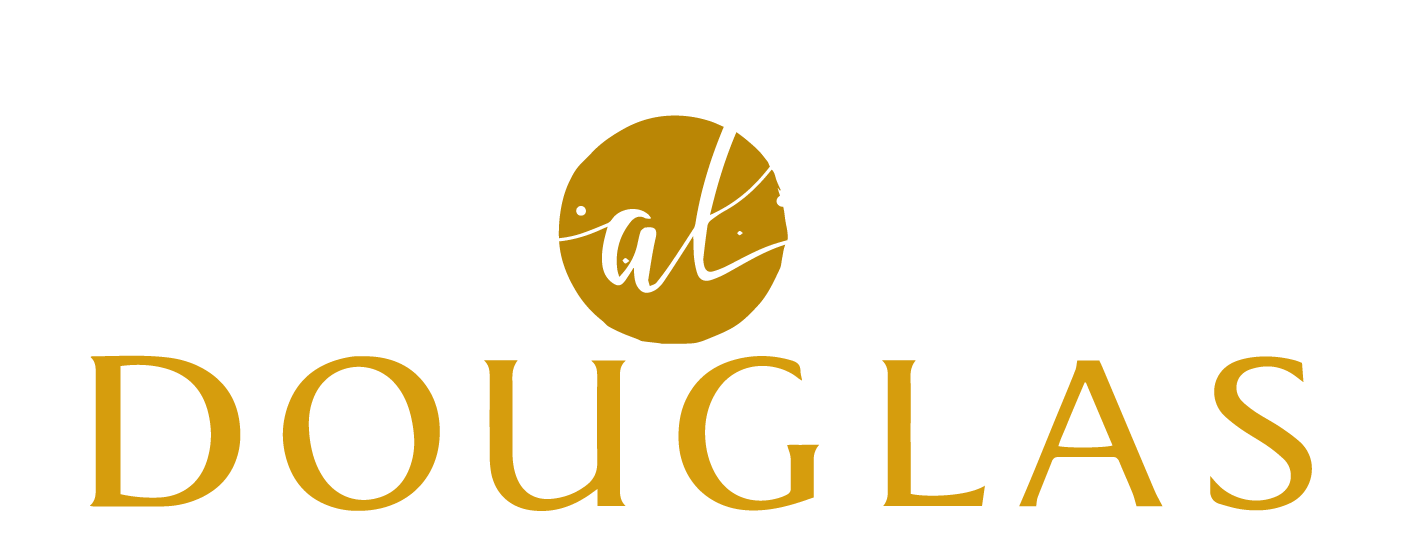Understanding Family Dynamics
Close family relationships afford a person better health and well-being, as well as lower rates of depression and disease throughout a lifetime. But in many families, getting along isn’t a given. The interaction between various members is at the core of these complicated dynamics. We may joke about the stereotypical sources of disharmony—the obnoxious uncle and the ne’er-do-well son—but factors like environment and sibling rivalries do emerge when considering the viability and stability of family networks.
We also have blended households, with a mash-up of step-relatives, in brothers, sisters, fathers, mothers, and whoever else comes with them. The amalgamation of relations is not easy on its members. The questions of discipline and bias and rules come into play with more heartache than simplicity. In addition, there are the families that we choose: A grandparent or aunt may be head of the household. Or perhaps a couple chooses not to have children, and they have the right to call themselves family as well. And don’t forget, close friends are sometimes way closer to us than any family member can ever be.
.
Maecenas tempus, tellus eget condimentum rhoncus? Nam quam nunc, blandit vel, luctus pulvinar, hendrerit id, lorem. Maecenas nec odi et ante tincidunt tempus vitae.
What Is a Functional Family?

In a functional family, parents strive to create an environment in which everyone feels safe and respected. A positive home requires parents to set and uphold rules, but not resort to overly rigid regulation of any one person’s behaviour. In a healthy household, slights and misbehaviours are readily addressed, and boundaries are clear and consistent, all of which help avoid disharmony in the longer term. While this sounds easy, it can be hard to achieve in practice.
Do stable households perpetuate positivity?
What are good family boundaries?
Why are limits important?
How do we put better boundaries in place?
Can family dynamics be repeated from generation to generation?
What Is a Dysfunctional Family?
Peace and harmony may be the goal for most families, but dysfunction is common and insidious and arrives in many forms. Family quarrels, grudges and estrangement can have lasting effects, sometimes following members into old age. When one family member contends with a problem such as alcoholism, the entire household is impacted. In a dysfunctional home, there is normally no sense of unity or empathy or boundaries, and members can be highly critical of one another.
Why is my family dysfunctional?
What are the signs of an emotionally destructive household?
What is enmeshment in family dynamics?
Enmeshment is when two or more members become overly involved with and reactive to one another. Relationships that have few boundaries can become enmeshed. For example, if a mother becomes emotionally needy and dependent on her child, her role as a parent is blurred and confused. The child is afraid to separate from Mom, which would make her feel abandoned.
Does enmeshment look like love?
Enmeshment masquerades under the name of unity, family love, filial piety, or loyalty. However, enmeshment comes from fear, not love. A genuinely supportive family is one that empowers young people to forge their own life paths. The child should not be bound to conditional love at the expense of their sense of agency. They should not be their parents’ only source of happiness and well-being, nor should they have to absorb their parent’s emotional pain.
How Family Therapy Can Help

Family therapy addresses the entire family. Family therapists work collaboratively with parents as a team. Each family member is not just an individual, they are part of their family system. And anyone member’s behaviour is influenced by his family—parents as well as siblings. Not every member of the family attends every session. The therapist may see the parents without a child, a parent and a child, a teenager and a sibling, or other variations. This allows the therapist to see the full picture.
.




